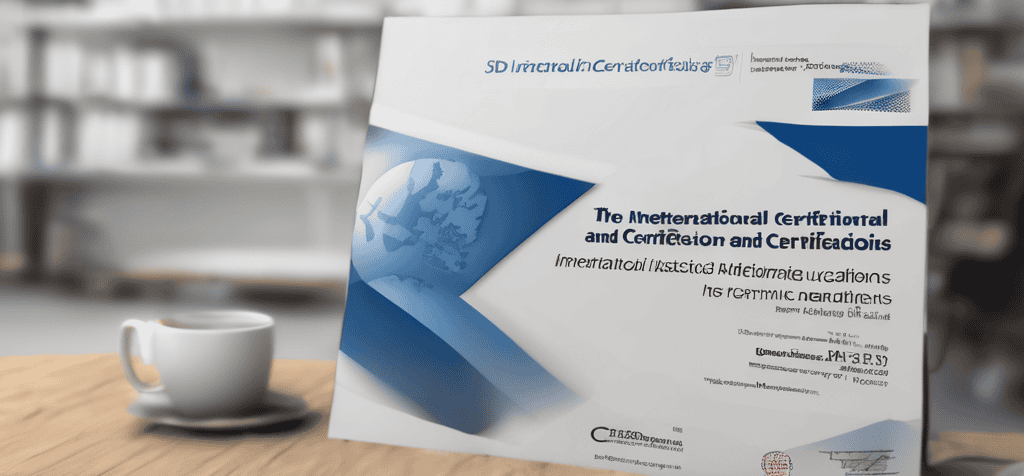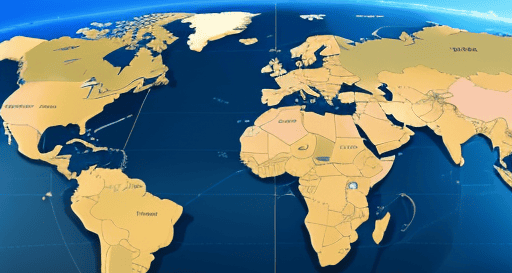Cultural competence is a cornerstone of success in international business negotiations, enabling professionals to navigate cultural differences, build trust, and achieve mutually beneficial outcomes. By understanding cultural nuances, building trust and relationships, adapting communication styles, and embracing flexibility, businesses can enhance their effectiveness in cross-cultural negotiations and capitalize on opportunities in the global marketplace.
In the interconnected world of international business, cultural competence plays a pivotal role in fostering effective communication, building trust, and achieving successful outcomes in negotiations. Cultural nuances, norms, and customs can significantly impact business interactions, making it essential for professionals to develop cross-cultural awareness and adaptability. Here, we explore the importance of cultural competence in international business negotiations and strategies for enhancing intercultural effectiveness.
Embracing Cultural Competence in International Negotiations
- Understanding Cultural Differences:
Invest time and effort in learning about the cultural norms, values, communication styles, and etiquette of your counterparts' culture. Recognize and respect cultural differences in behavior, decision-making processes, and negotiation tactics to avoid misunderstandings and build rapport.
- Building Trust and Relationships:
Cultivate trust and relationships with your counterparts through genuine engagement, active listening, and empathy. Demonstrate respect for cultural sensitivities, show interest in their culture, and seek common ground to establish a foundation of trust and mutual respect.
- Adapting Communication Styles:
Adjust your communication style to align with the cultural preferences of your counterparts. Be mindful of differences in verbal and nonverbal communication, use clear and concise language, and avoid ambiguous or culturally-specific expressions that may be misunderstood.
- Flexibility and Open-Mindedness:
Remain flexible and open-minded during negotiations, willing to adapt your approach and concessions based on cultural insights and feedback. Be receptive to alternative perspectives, creative solutions, and compromises that may differ from your own cultural norms.
Strategies for Enhancing Cultural Competence
- Cultural Training and Education:
Invest in cultural training and education programs to enhance cross-cultural awareness and competency among employees involved in international negotiations. Offer workshops, seminars, and intercultural coaching to develop skills in cultural adaptation, communication, and conflict resolution.
- Cross-Cultural Team Collaboration:
Form cross-cultural negotiation teams with diverse backgrounds, perspectives, and expertise to leverage collective insights and foster creative problem-solving. Encourage collaboration, mutual learning, and respect for different cultural perspectives to enhance team effectiveness in international negotiations.
- Continuous Learning and Adaptation:
Continuously seek opportunities for learning and self-improvement in cross-cultural competency. Reflect on past experiences, solicit feedback from counterparts, and adapt your approach based on lessons learned to continually refine and enhance your effectiveness in international negotiations.
#CulturalCompetence #InternationalBusiness #CrossCulturalNegotiation #InterpersonalSkills #GlobalLeadership #CulturalAwareness #NegotiationStrategy #BusinessDiplomacy #InterculturalCommunication #DiversityandInclusion
Read more views















































































